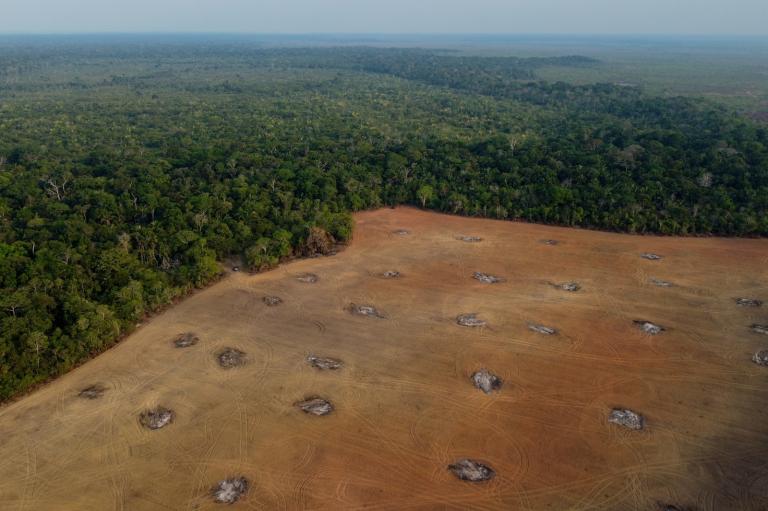A few weeks ago, I made some guesses about how the big picture trends in the economy would affect the development of clean energy. And though it’s still early days for the financial crisis, so far my guesses look pretty good.
The Times talks to a few industry insiders, who confirm that the credit crunch is slowing down clean energy projects. Abyd Karmali, the global head of carbon emissions at Merrill Lynch, is optimistic in the long-term (as, I suppose, I am too), but acknowledges that funding for energy development is becoming more difficult to find.
Meanwhile, Earth2Tech notes that venture funding for clean tech start-ups remains strong for now, but doesn’t “expect the party to last.” Of course, venture funding isn’t really the best proxy for the financial sector as a whole, and Earth2Tech notes that the credit crunch is already hammering ethanol plants. Environmentalists may not shed any tears for the ethanol industry, but insofar as the plants are stand-ins for the broader clean energy sector, it does appear that tight credit and lower fossil-fuel prices are slowing deployment of renewables.
About those fossil-fuel prices: I mentioned that high fossil-fuel prices are good for renewables. And, in theory, a slowing economy will cause fossil-fuel prices to drop, further hampering clean energy deployment. In reality, fossil fuel prices are highly volatile for reasons that no one fully understands (however much they pretend otherwise). So I’ll stick with my prediction that the long-term upward trend in fossil-fuel prices is good for clean tech, but that ongoing volatility will blunt the benefit.
Finally, I mentioned the importance of the political environment and the precarious state of climate legislation during an unfolding financial crisis. This remains true. Karmali claims that uncertainty over the Kyoto successor treaty is holding up projects in Europe. Here in the U.S., Obama had to clarify that he was still committed to aggressive deployment of clean energy, regardless of the budgetary situation. Which is nice, but you know what would be nicer? If such clarifications weren’t necessary.
The depths of the current crisis won’t be known for a while, but getting some sort of respectable bailout plan passed remains an important environmental priority. Note that the clean energy sector will undoubtedly continue to grow no matter what happens. Just not as quickly as could otherwise be expected.

